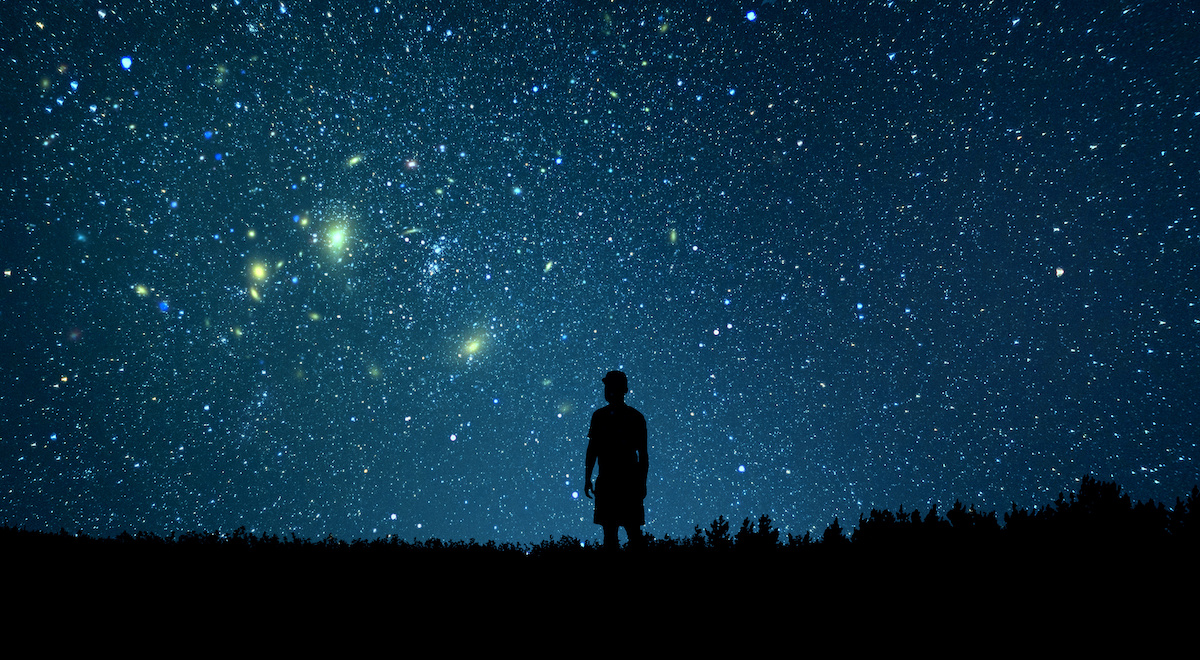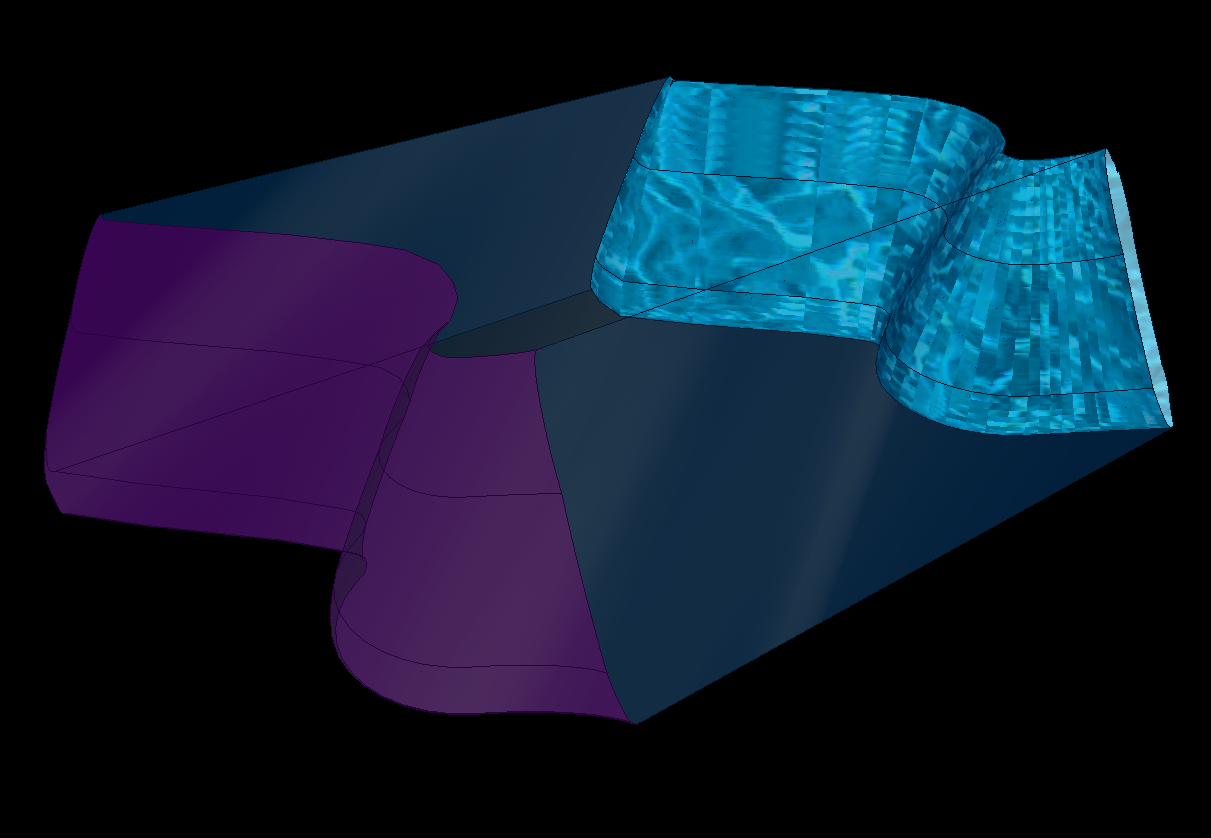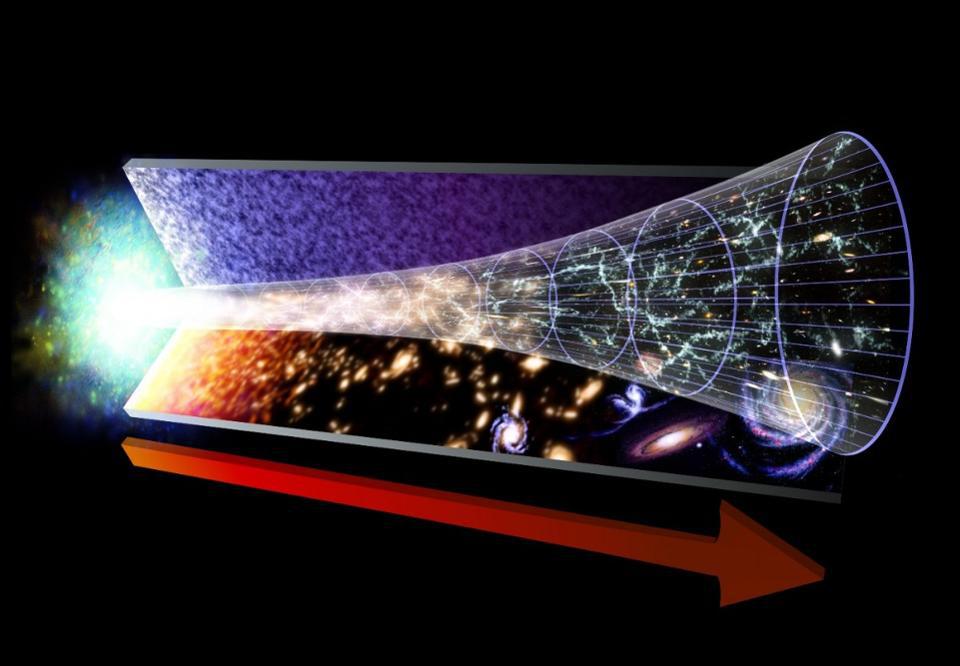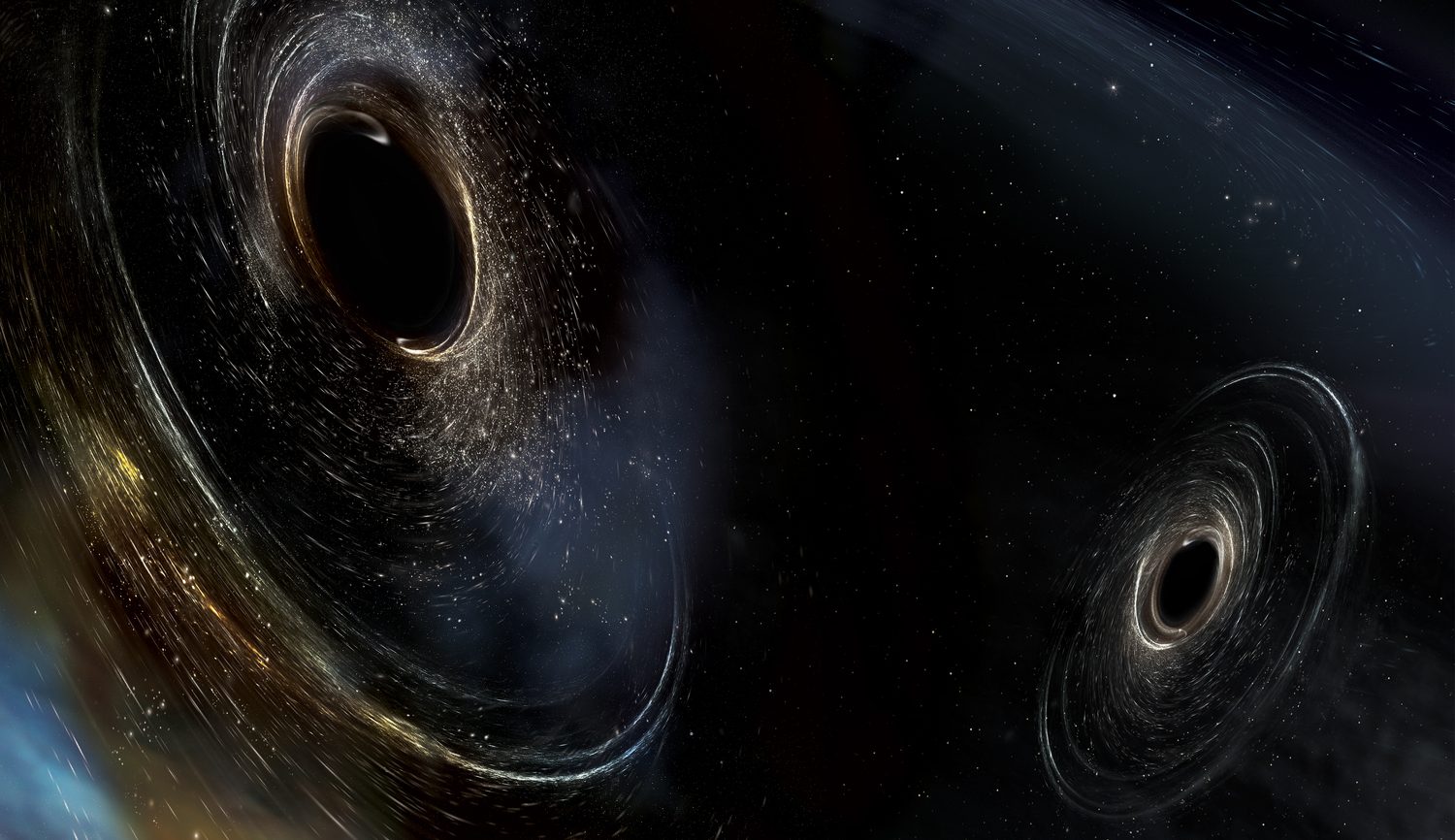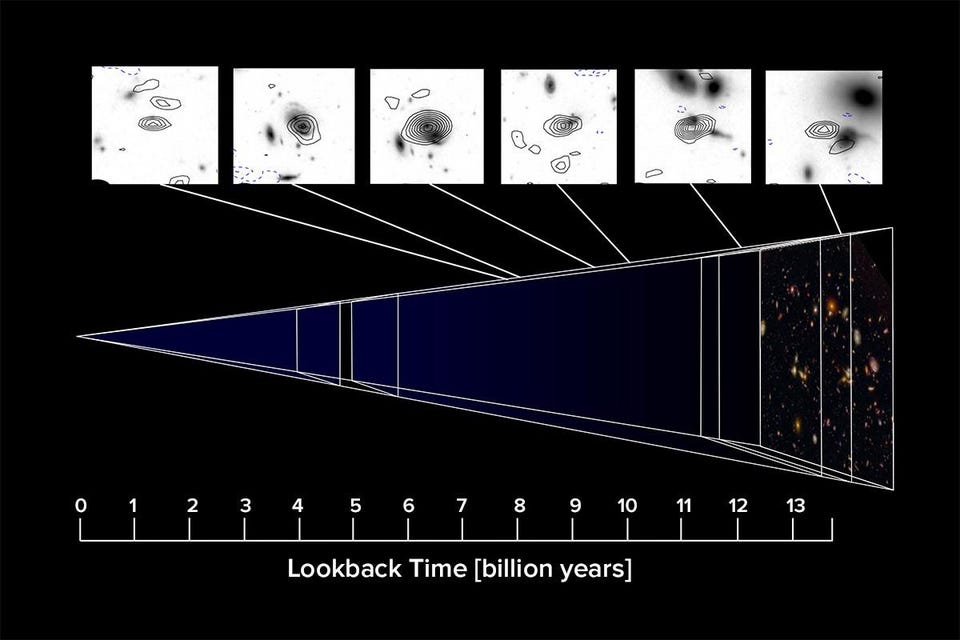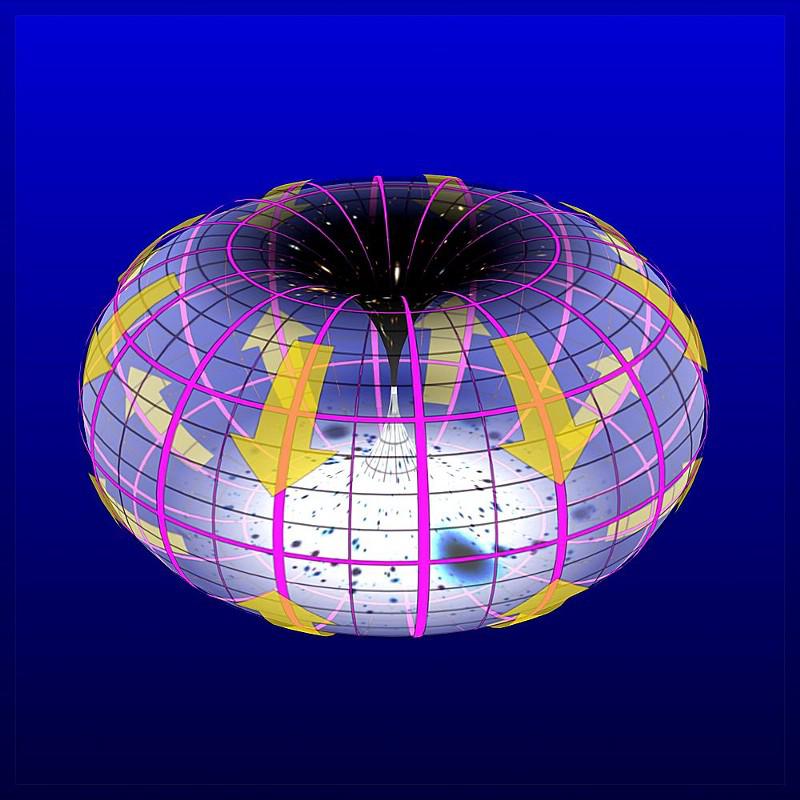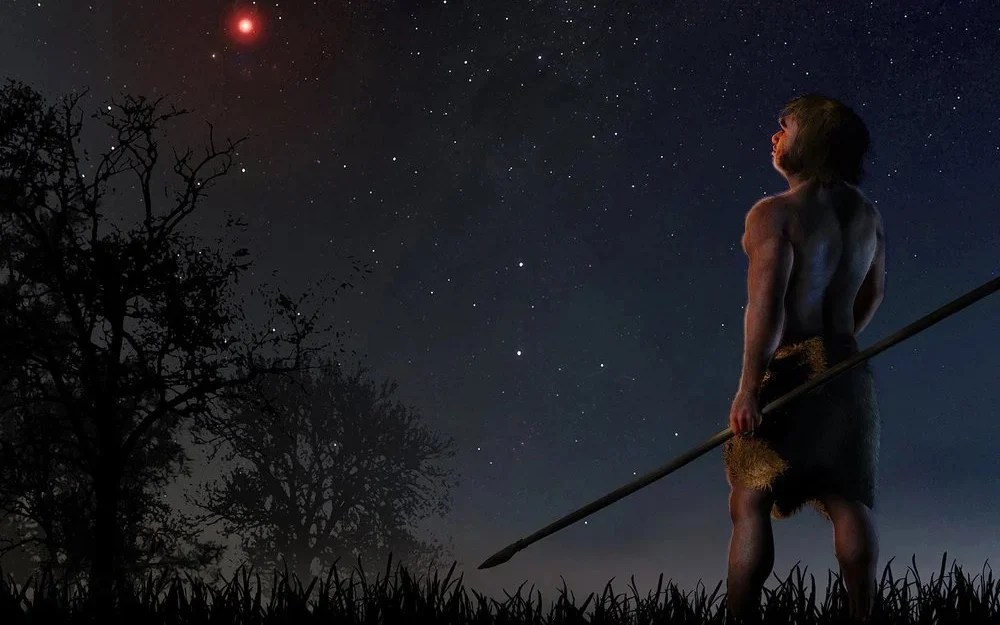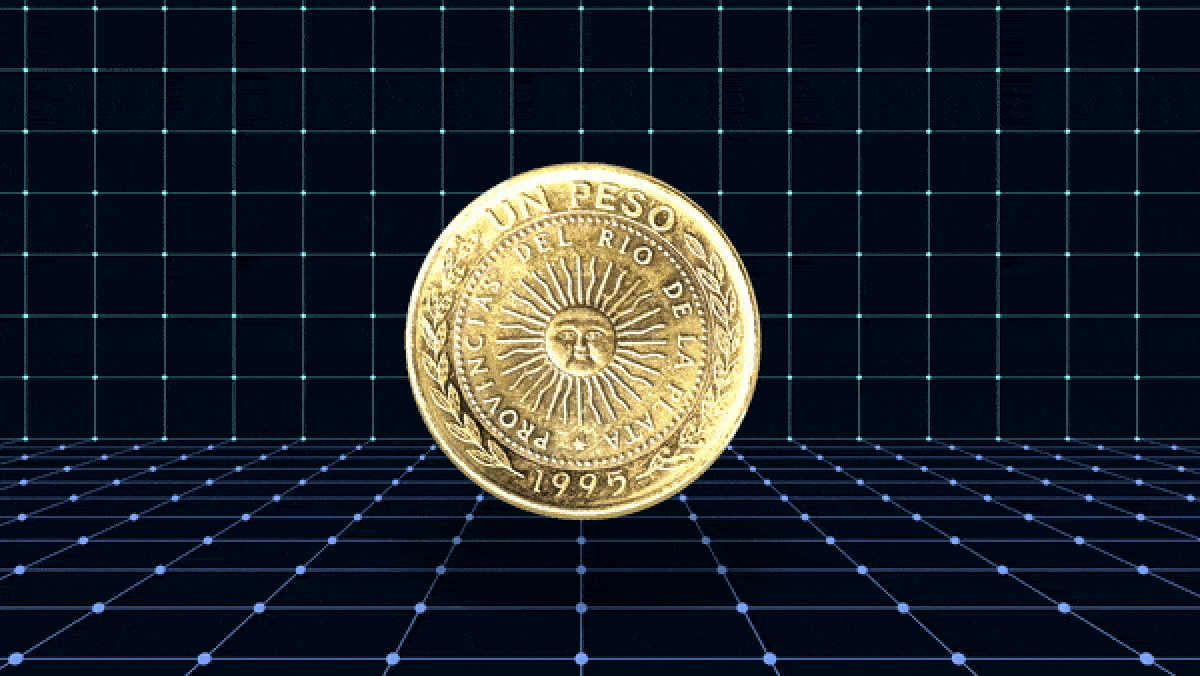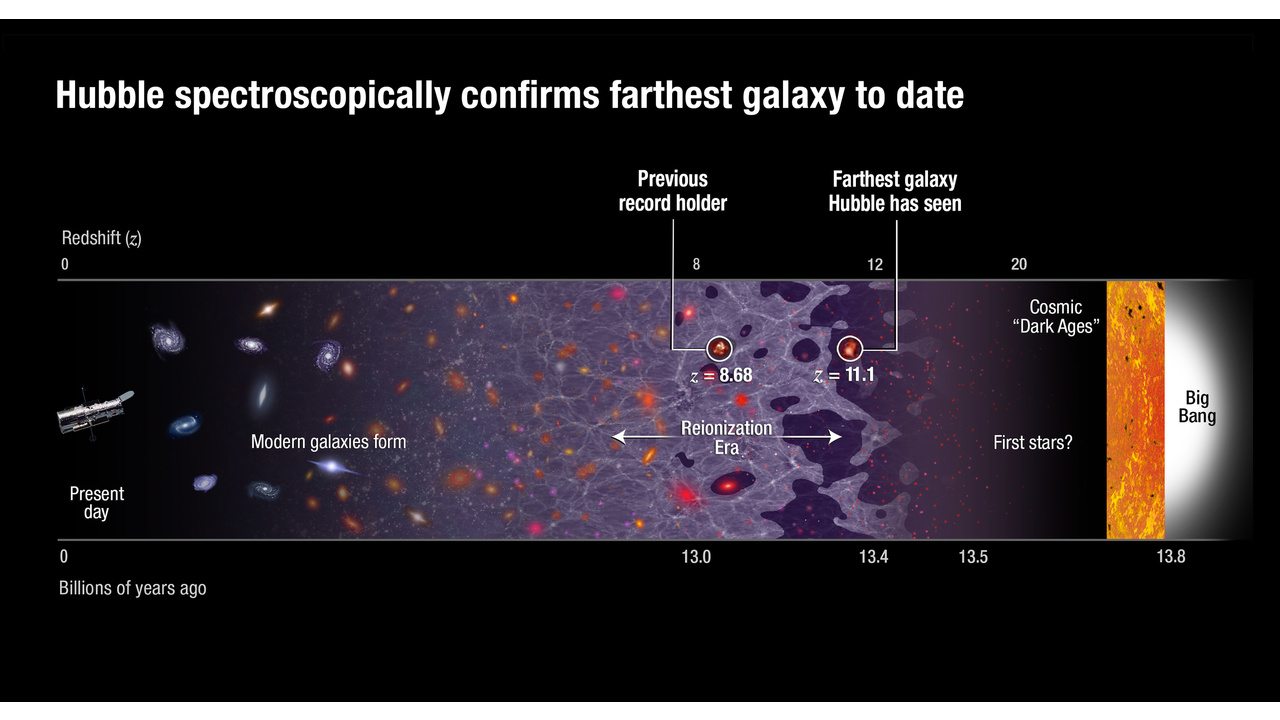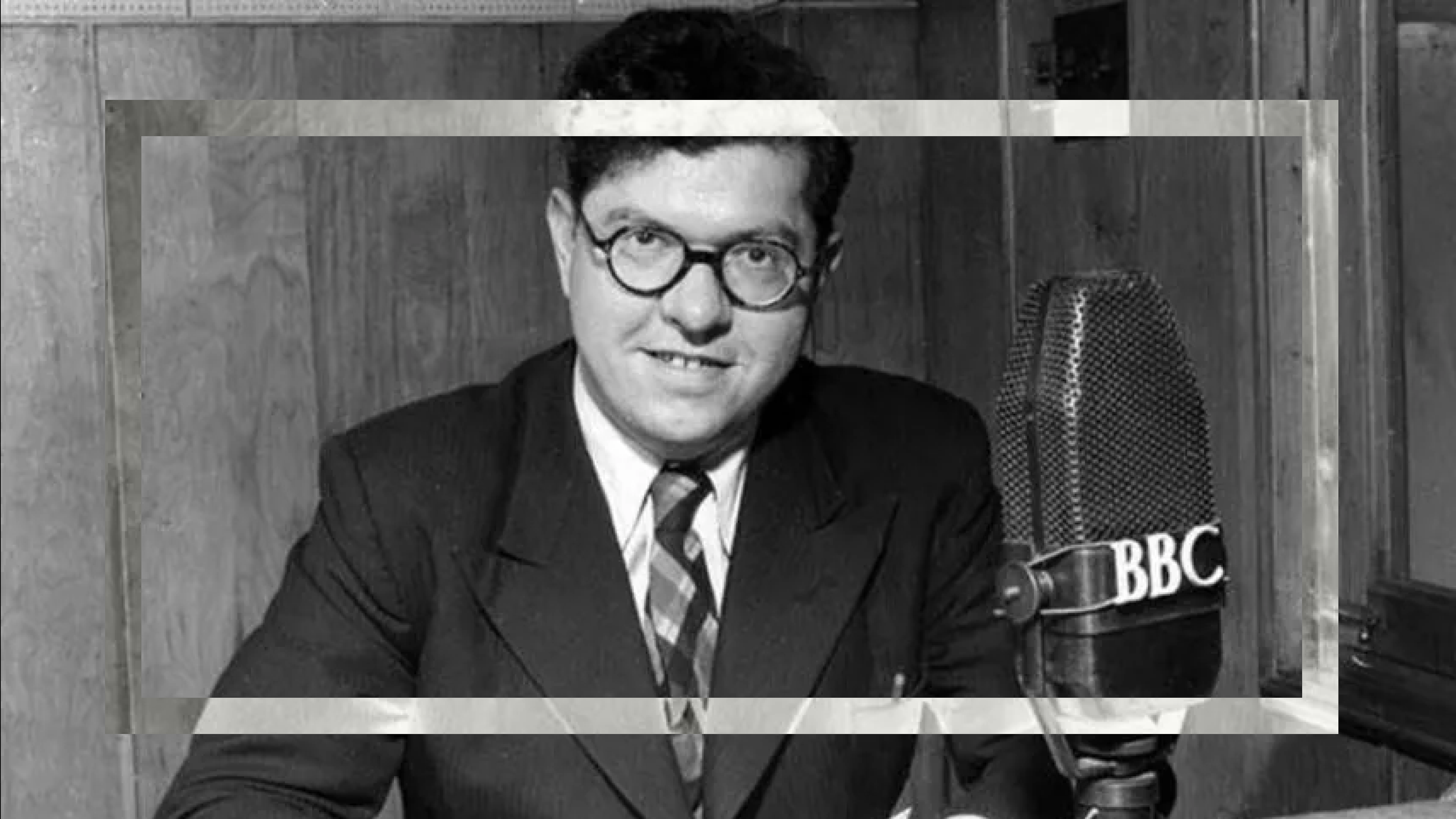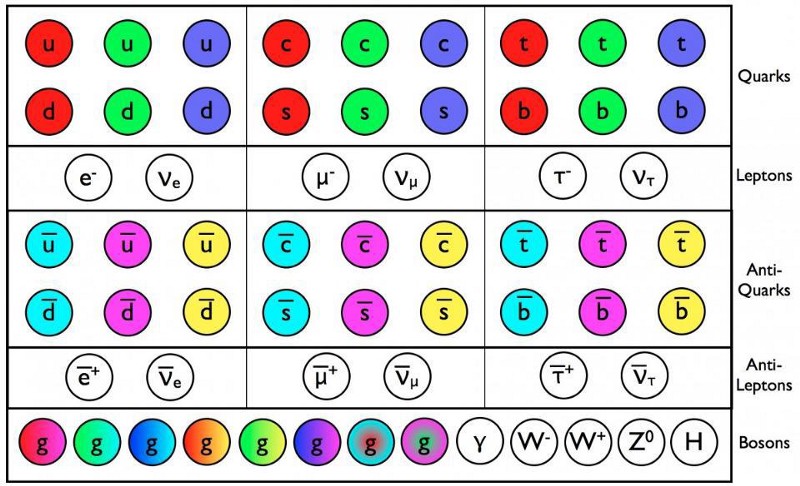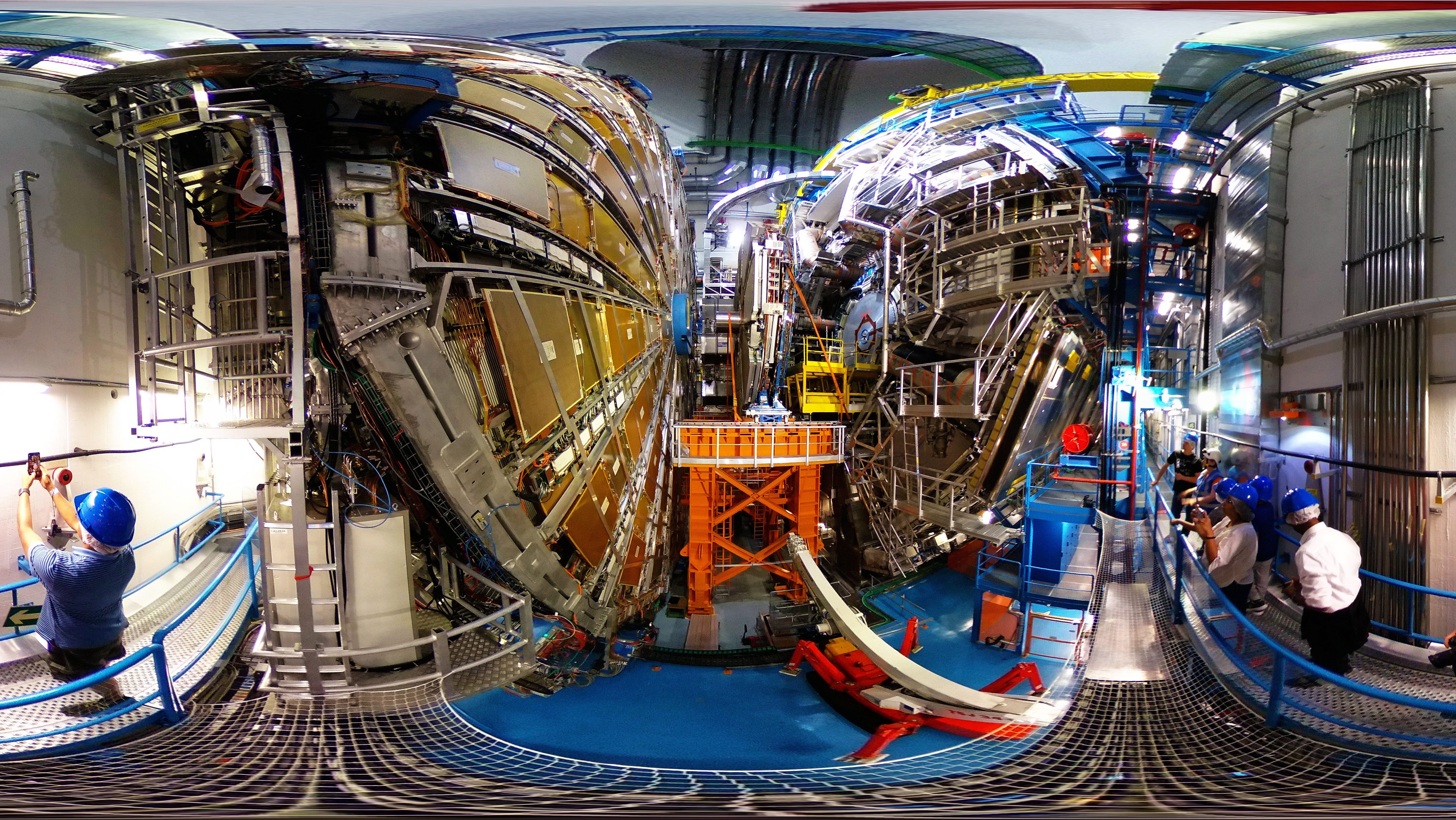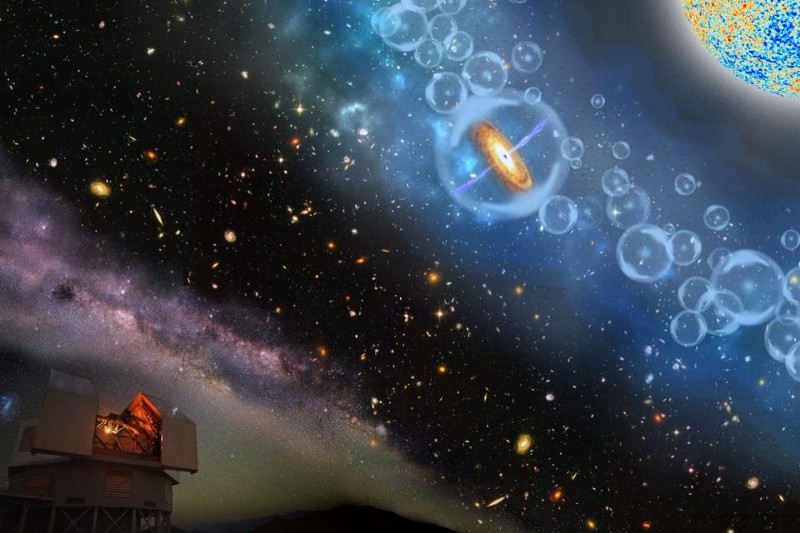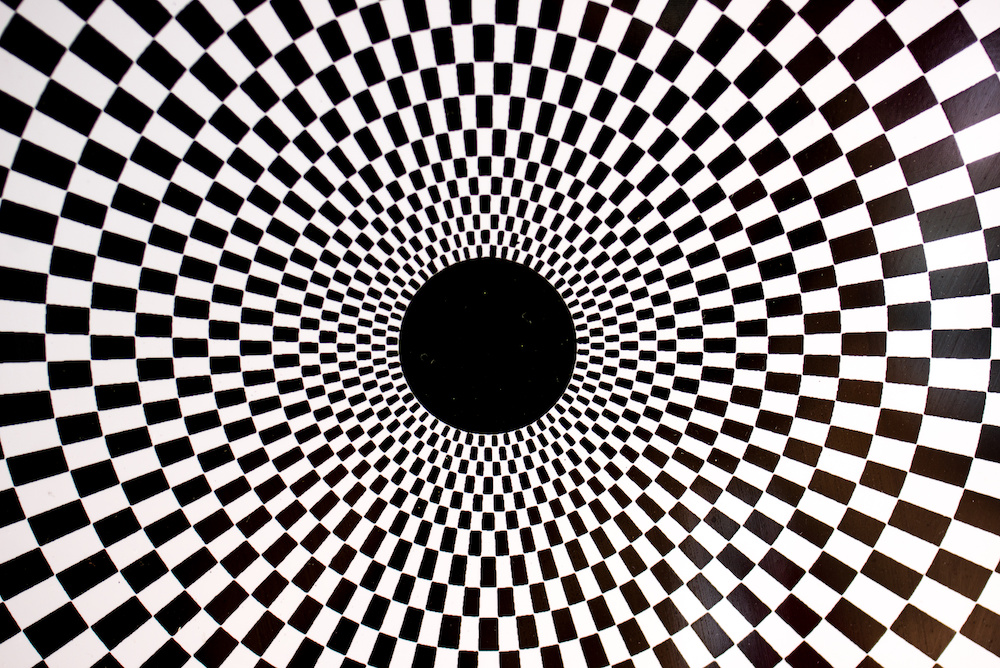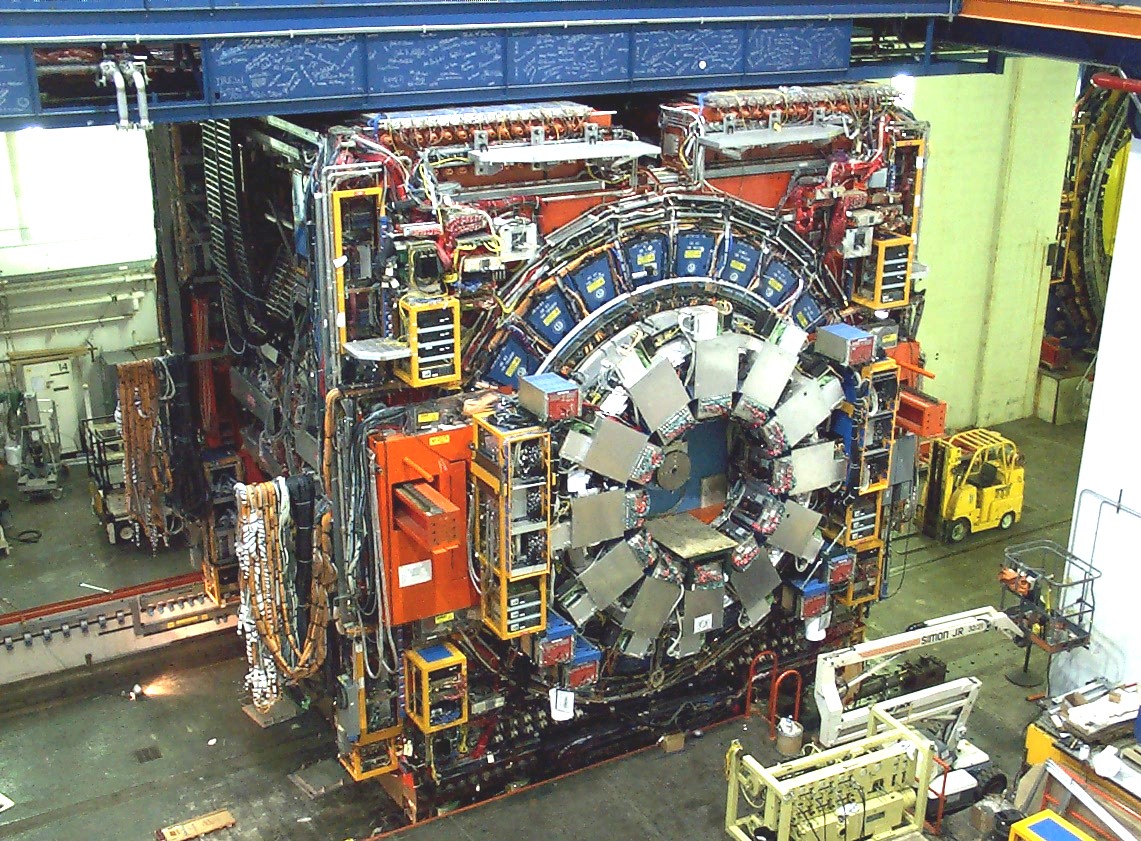We’re used to scientists telling us about the math and physics behind astronomical events. But what does studying space make us feel?
Search Results
You searched for: Physical Constants
The idea of “absolute time” was our default for millennia. But time is relative, as gravity and motion both cause time to dilate.
For decades, theorists have been cooking up “theories of everything” to explain our Universe. Are all of them completely off-track?
The laws of physics obey certain symmetries and defy others. It’s theoretically tempting to add new ones, but reality doesn’t agree.
There are an estimated two trillion galaxies within the observable Universe. Most are already unreachable, and the situation only gets worse.
The effects are even worse for women.
Capacitors, acid batteries, and other methods of storing electric charges all lose energy over time. These gravity-fed batteries won’t.
Everything else in the universe is either a particle or field. Dark energy behaves as neither, and it may be a property inherent to space itself.
Trauma happens to everyone, but the way you respond to it determines its impact on your brain and body.
▸
8 min
—
with
In 1974, Hawking showed that black holes aren’t stable, but emit radiation and decay. Nearly 50 years later, it isn’t just for black holes.
The idea that “you” persist after death does not hold up to the current understanding of memory and identity.
Einstein’s relativity teaches us that time isn’t absolute, but passes relatively for everyone. So how do telescopes see back through time?
About 2.5% of women and 2.2% of men in the U.S. meet the criteria for body dysmorphic disorder.
Extremely precise atomic clocks are not just of theoretical interest; they could help detect impending volcanic eruptions or melting glaciers.
More than any other nation, Japan tends to feel comfortable with the idea of humanoid robots entering the home.
The Big Bang was hot, dense, uniform, and filled with matter and energy. Before that? There was nothing. Here’s how that’s possible.
As far as we can tell, there’s no limit to how far it goes on; only a limit to how far we can see. Could the Universe truly be infinite?
Despite billions of years of life on Earth, humans first arose only ~300,000 years ago. It took all that time to make our arrival possible.
Argentina’s black market for cash is embracing crypto — but it’s not what crypto proponents expected.
The hyperloop would be a great idea for a completely flat planet. With topography and infrastructure, it’s a very different story.
Look out at a distant object, and you’re not seeing it as it is today. It’s size, brightness, and actual distance are all different.
To Fred Hoyle, the Big Bang was nothing more than a creationist myth. 75 years later, it’s cemented as the beginning of our Universe.
Quantum communication offers a surer path to sending an interstellar message, as well as receiving one. But can we do it?
Why are the rest masses of fundamental particles related like this? When it comes to the nature of matter in the Universe, the Standard Model describes the known elementary particles perfectly […]
New technology is helping physicists move forward in the search for the Theory of Everything.
There’s a lot left to understand, ponder, and investigate. And there always will be. For hundreds of thousands of years — nearly all of human history — we had no definitive answers to some of […]
The great hope is that beyond the indirect, astrophysical evidence we have today, we’ll someday detect it directly. But what if we can’t?
A small percentage of people who consume psychedelics experience strange lingering effects, sometimes years after they took the drug.
Like witchcraft, “racecraft” refers to a kind of magical thinking — one that treats race as if it were scientifically meaningful.
Fermilab’s TeVatron just released the best mass measurement of the W-boson, ever. Here’s what doesn’t add up.
